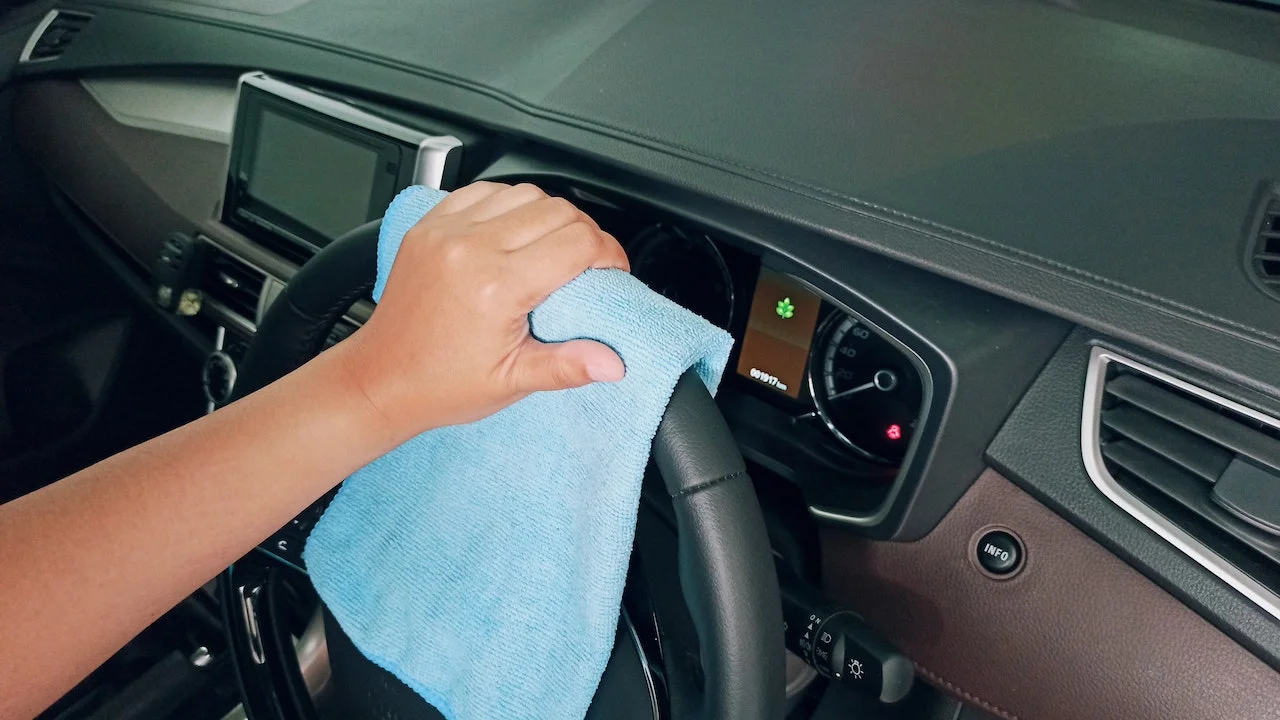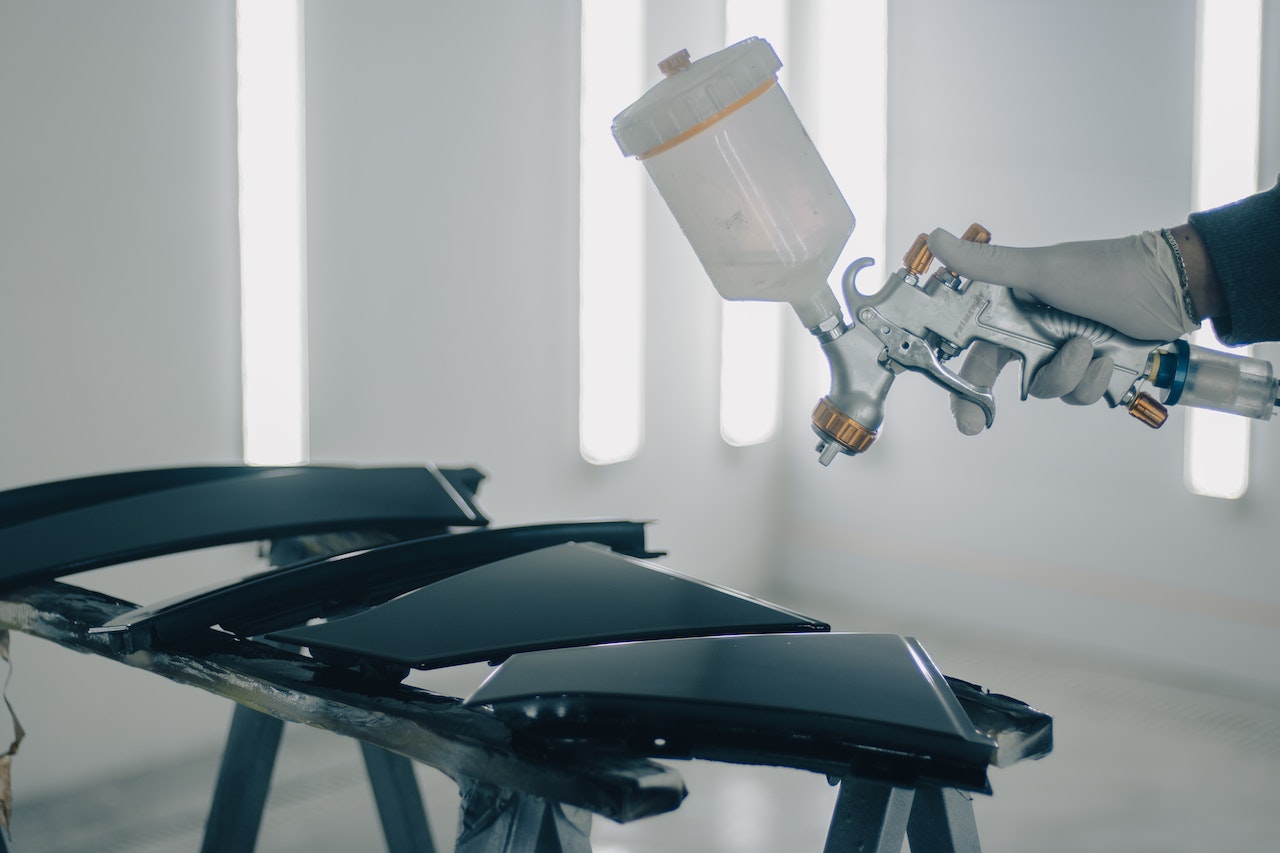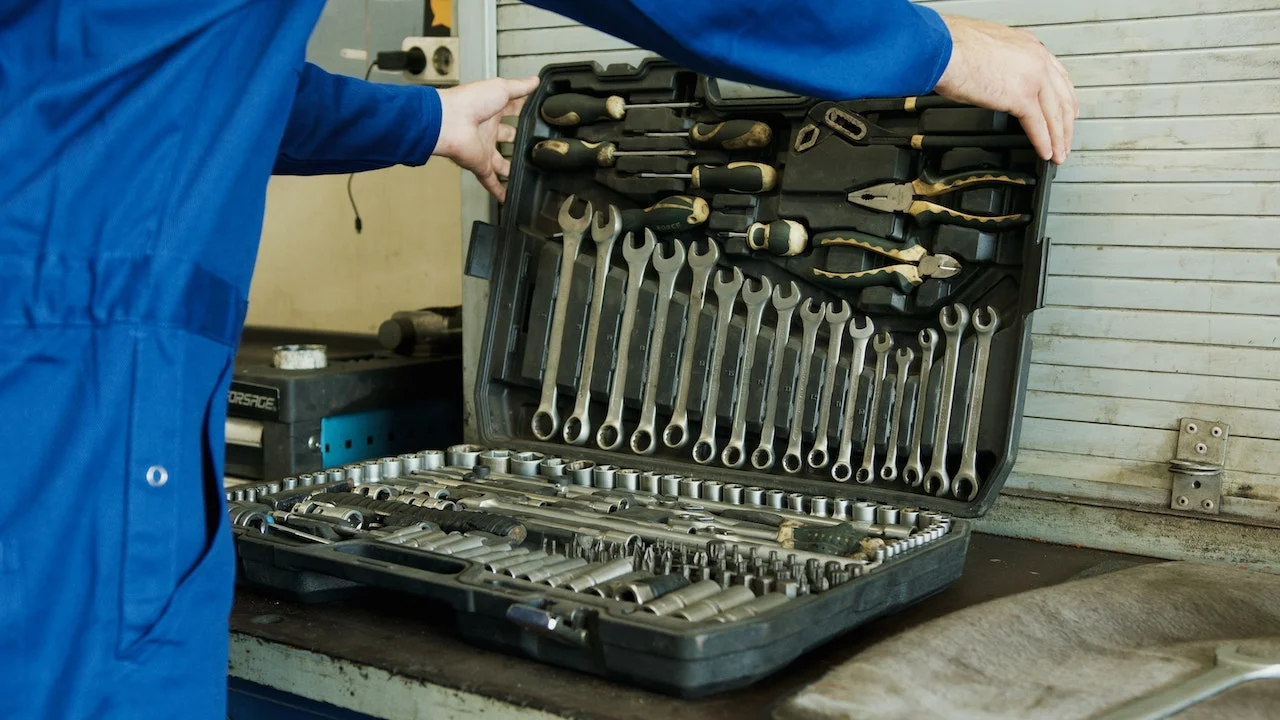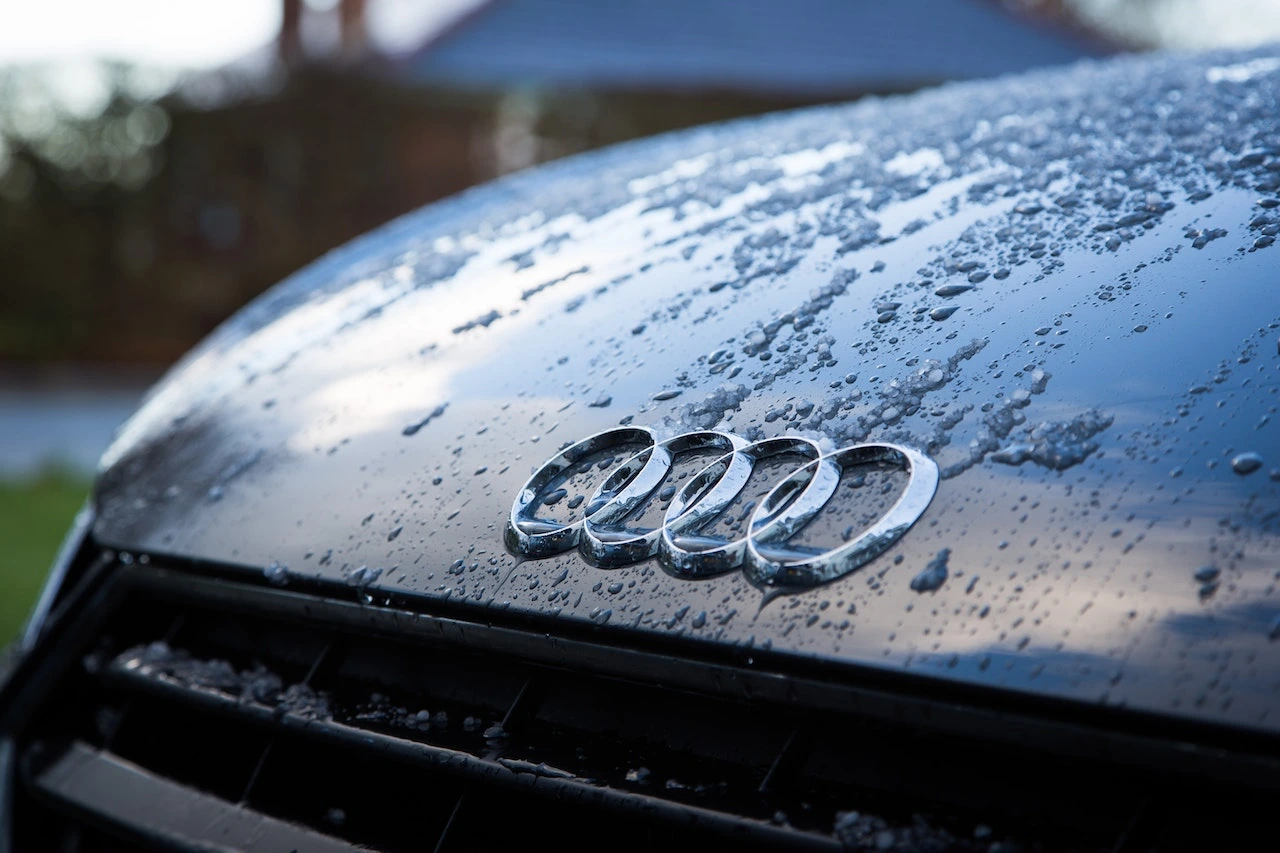Maintaining a clean and well-functioning engine bay is essential for every vehicle owner. However, many car owners are hesitant when it comes to cleaning their engine bays, fearing that spraying water directly onto the engine may cause damage or lead to mechanical issues. In this in-depth article, we will explore the question, “Is it safe to spray water directly on your engine bay?” We’ll debunk common myths, provide expert insights, and offer practical tips for safely cleaning your engine bay. So let’s dive in and separate fact from fiction.
Understanding Engine Bays
Before delving into the safety aspect of spraying water on your engine bay, it’s important to have a basic understanding of what comprises an engine bay. The engine bay is the compartment under the hood where the engine and its various components are housed. It includes parts such as the engine block, battery, alternator, belts, hoses, and various electrical connections. These components are designed to withstand a certain amount of exposure to water and other environmental elements.
Debunking the Myth
Myth:
Spraying water directly on the engine bay will cause damage and electrical issues.
Reality:
Contrary to popular belief, it is generally safe to spray water directly on the engine bay, as long as certain precautions are taken.
Precautions to Ensure Safety
Follow these precautions to safely clean your engine bay:
1. Check for Damage
Before spraying water on your engine bay, perform a visual inspection to ensure there are no exposed wires, loose connections, or damaged components. If you spot any issues, it’s advisable to have them repaired by a professional before proceeding with the cleaning process.
2. Avoid High-Pressure Water
Using a pressure washer or high-pressure nozzle directly on sensitive components can potentially cause damage. Instead, opt for a regular garden hose or a low-pressure setting on your pressure washer to avoid excessive force.
3. Cover Sensitive Components
To provide an extra layer of protection, cover sensitive components such as the alternator, intake, battery, and any exposed electrical connections. You can use plastic bags, towels, or specialized covers designed for engine bay cleaning. Secure the covers in place to prevent water from directly contacting these components.
4. Use a Mild Detergent
For a thorough cleaning, use a mild detergent specifically formulated for engine bay cleaning. Avoid harsh chemicals that may damage rubber or plastic components. Dilute the detergent as per the manufacturer’s instructions and apply it to the engine bay, focusing on areas with visible dirt, grime, or oil deposits.
5. Gentle Brushing and Rinsing
Gently scrub the engine bay with a soft-bristled brush or detailing brush to loosen dirt and debris. Take care to avoid excessive force or scrubbing on delicate components. Once the cleaning solution has been applied and brushed, use a gentle stream of water to rinse off the detergent. Again, avoid using high-pressure water that could dislodge or damage components.
Benefits of Cleaning Your Engine Bay
Regularly cleaning your engine bay offers several benefits, including:
1. Improved Aesthetics
A clean engine bay enhances the overall appearance of your vehicle and demonstrates your attention to detail and maintenance.
2. Easier Maintenance and Inspection
A clean engine bay allows for easier visual inspection of components, making it simpler to identify any issues or leaks. Routine cleaning also helps prevent the accumulation of debris that can hinder maintenance tasks.
3. Preventing Corrosion and Damage
By removing dirt, oil, and debris, you reduce the chances of corrosion and damage to sensitive components. This can extend the lifespan of your engine bay and help prevent costly repairs down the line.
4. Enhanced Resale Value
A well-maintained engine bay can positively impact the resale value of your vehicle. Potential buyers are often impressed by a clean engine bay, perceiving it as an indication of how well the vehicle has been cared for.
Expert Tips for Engine Bay Cleaning
Follow these expert tips for effective engine bay cleaning:
1. Avoid Excessive Water
While it is safe to spray water on your engine bay, it’s important to exercise moderation. Use a controlled amount of water to rinse off the detergent and debris, ensuring that excess water does not pool in electrical connectors or sensitive areas.
2. Drying the Engine Bay
After rinsing, allow the engine bay to air dry naturally or use a clean microfiber towel to remove excess moisture. Avoid using compressed air, as it may force water into delicate areas or blow dirt and debris into the engine bay.
3. Regular Maintenance
Make engine bay cleaning a part of your regular maintenance routine. Depending on your driving conditions and environment, aim to clean the engine bay every 3-6 months or as needed. Regular maintenance ensures optimal performance and longevity of your engine bay components.
Conclusion
In conclusion, it is generally safe to spray water directly on your engine bay when following the appropriate precautions. By inspecting for damage, avoiding high-pressure water, covering sensitive components, using mild detergents, and practicing gentle cleaning techniques, you can maintain a clean and well-functioning engine bay. Regular engine bay cleaning offers aesthetic benefits, simplifies maintenance tasks, prevents corrosion, and enhances the resale value of your vehicle. So go ahead and give your engine bay the attention it deserves, knowing that with the right approach, you can safely and effectively clean your engine bay for optimal performance and visual appeal.
















